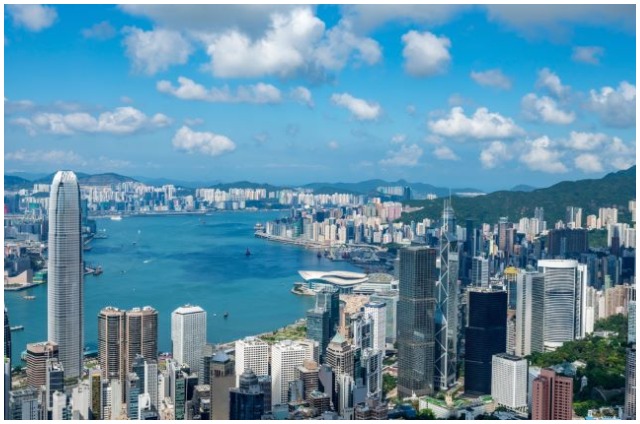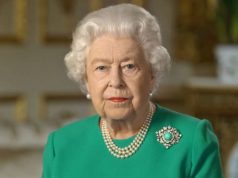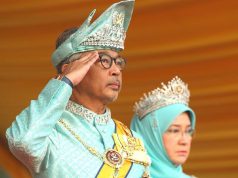London – Some Labour lawmakers who nominated Jeremy Corbyn as a candidate to lead the party in mid-2015 said they did so mainly to ensure that a token representative of Labour’s socialist left could join the contest.
They backed Corbyn in the expectation that he would add balance, but not that he would be a serious contender.
But backed by thousands of new, younger members and by major trade unions, he swept away his three rivals by taking nearly 60 per cent of the 422,000 votes cast.
When, at the end of April, unelected Conservative Prime Minister Theresa May called a snap election to solidify her mandate to implement Britain’s exit from the EU, she looked to have an unbeatable lead – and Corbyn was painted as a party leader incapable of governing.
But as the votes were counted, exit polls suggested Corbyn’s party was on track to win 266 seats in parliament, a gain of 34.
This would put May’s party at 314, down 17 seats – and at risk of losing the overall majority needed to remain in government without forming a coalition.
The unlikely Labour leader who been criticized for dressing like a geography teacher surprised everyone once again.


Corbyn, 68, had a relatively low profile beyond local politics in London before taking over as Labour’s leader, despite serving as a member of parliament for the north London constituency of Islington since 1983.
He lives with his third wife in a modest house in the constituency, rides a bicycle around the capital and supports north London football team Arsenal.
Politically he is far more of a stand-out figure.
In this general election campaign, British media and Conservative opponents highlighted his long-term support for Irish republican party Sinn Fein, which grew out of the political wing of the Irish Republican Army, and accused him of failing to condemn IRA terrorism.
In the 1980s, Corbyn was also a regular speaker at rallies against racism, supporting the rights of Palestinians, and opposing Britain’s possession of nuclear weapons and participation in the Gulf Wars.
In his top political team he has retained two close, socialist allies from that time: home affairs spokeswoman Diane Abbott and shadow chancellor John McDonnell.
Abbott, one of Britain’s first black members of parliament, reportedly joined Corbyn on a motorcycle trip to the former East Germany.
Corbyn became party leader “on the back of a wave of hope for a new kind of politics,” according to an official biography.
According to opinion polls, he is far more popular among young voters than May, but despised by many older voters.
When he first led the official opposition in parliament, Corbyn persuaded former prime minister David Cameron to agree to a less antagonistic, less personal form of debate in parliament.
Although that truce did not last long on the Conservatives’ side, Corbyn appears to have maintained an image among his supporters as a politician with honesty and integrity.
That is not enough, however, to satisfy some fierce critics in his own party, who see him as divisive and reluctant to stick to official policy.
They criticized his weak campaigning against Brexit, another issue that divides the party.
Corbyn also attracted the anger of Labour lawmakers when he opposed the renewal of Britain’s Trident system of submarine-based nuclear missiles during a parliamentary debate last year, ignoring the party’s official position of retaining Trident.
He was forced to join a contest to remain in power in July after a revolt against his leadership by most of the 220 Labour lawmakers, and the resignation of most of his shadow cabinet.
Corbyn won another comfortable victory, promising again to “confront the injustices holding people and communities back – inequality, neglect, insecurity, prejudice and discrimination.”
-(dpa)










